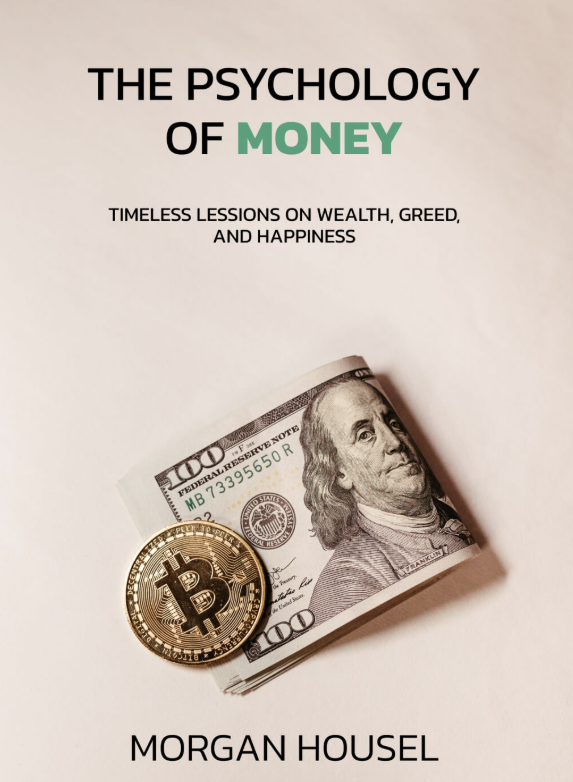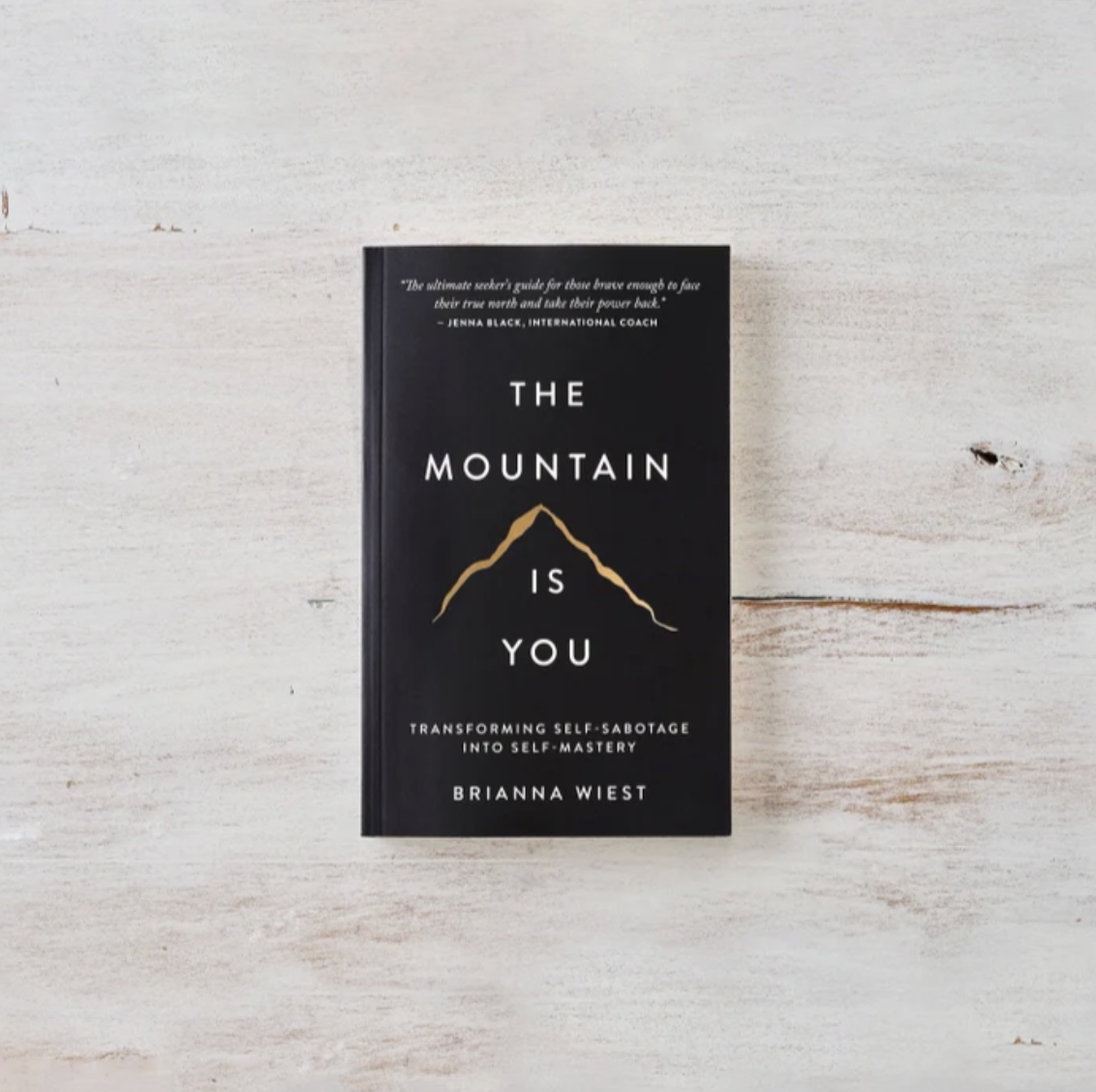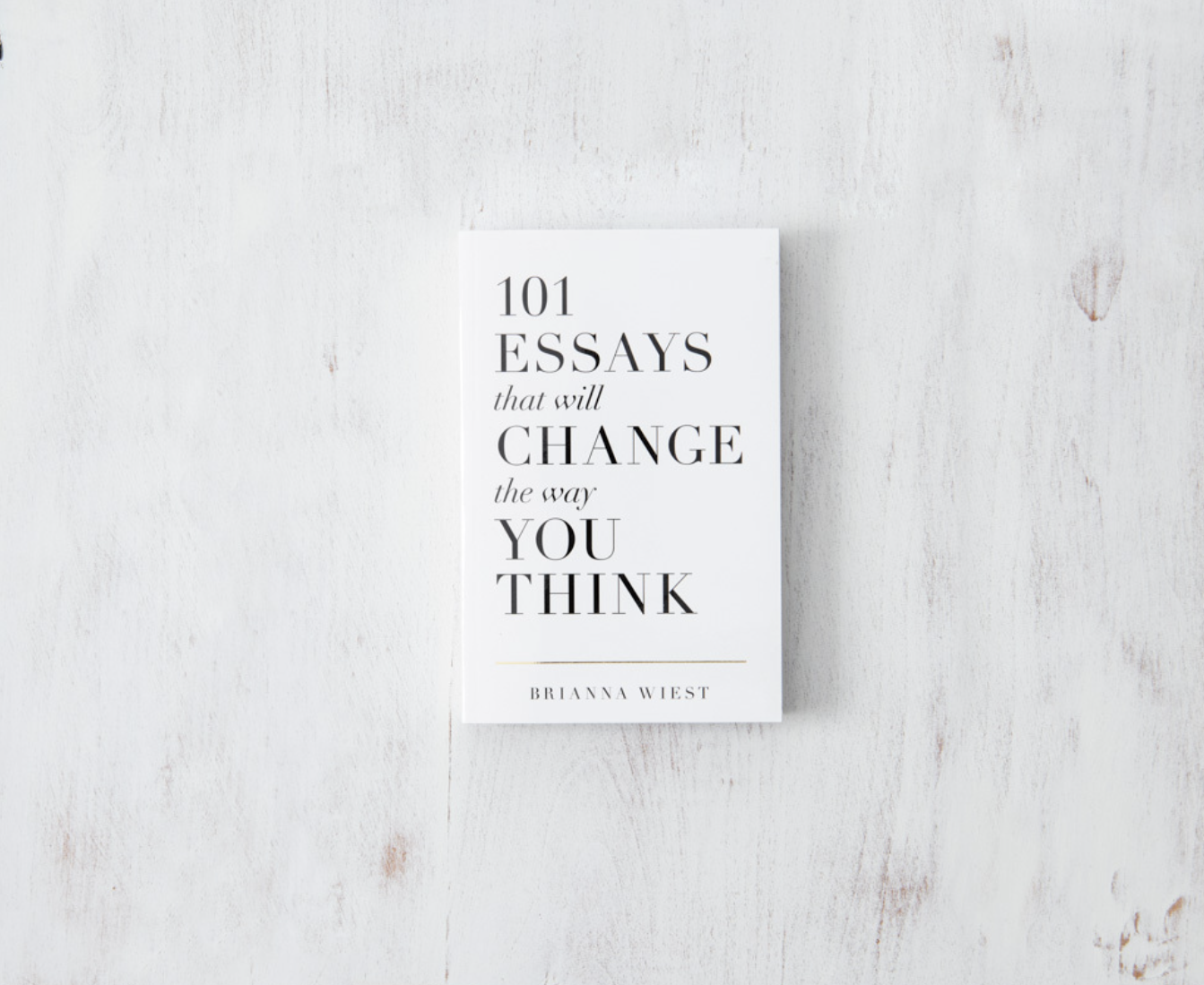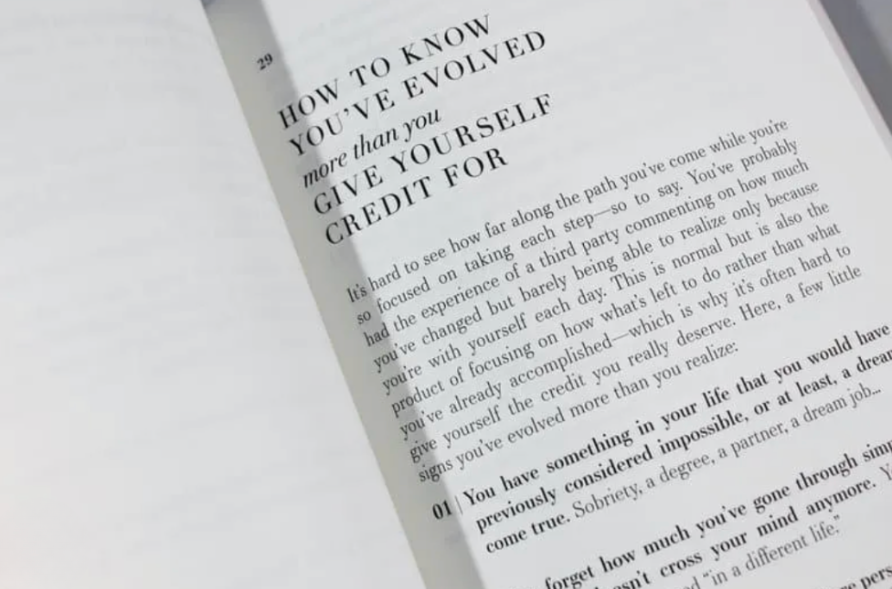Who This Book Helps
Anyone who wants to build wealth with purpose, not pressure.
People curious about the emotional side of money and decision-making.
Readers who feel anxious about saving, investing, or financial planning.
Investors, entrepreneurs, and professionals seeking better financial habits.
Key Areas of Insight
Behavior over knowledge – why financial success depends more on temperament than intelligence.
Wealth and happiness – understanding the true relationship between money and life satisfaction.
Risk and reward – learning to balance ambition with long-term perspective.
Emotional intelligence – managing fear, greed, and impulse in financial decisions.
Long-term thinking – mastering patience, humility, and consistency as keys to lasting wealth.
What It Offers
19 timeless lessons on money, mindset, and human behavior.
Real-life stories that make complex financial ideas simple and relatable.
Tools to rethink success, happiness, and what “enough” really means.
A powerful reminder that how you behave matters more than what you know.
Good Reads Score
Final Good Reads Score: 96 / 100
Quote — “Spending money to show people how much money you have is the fastest way to have less money.When you see someone driving a nice car, you rarely think, ‘Wow, that person is rich.’ Instead, you think, ‘If I had that car, people would think I’m rich.’ Subconscious or not, that’s what happens. People don’t desire things; they desire the emotions they believe those things will bring them. True wealth is what you don’t see — it’s the cars not purchased, the clothes not bought, the first-class upgrade declined. Wealth is financial assets that haven’t yet been converted into the stuff you see.”
— Morgan Housel, The Psychology of Money.















